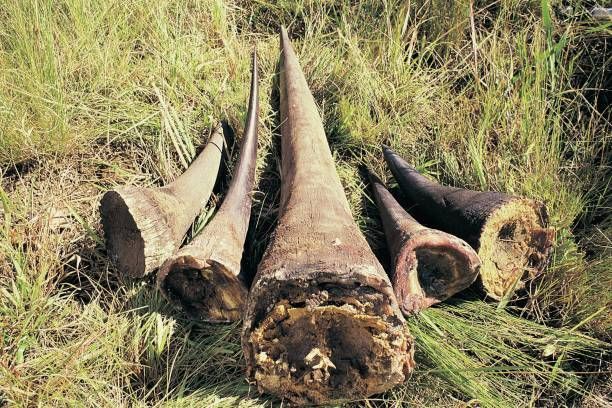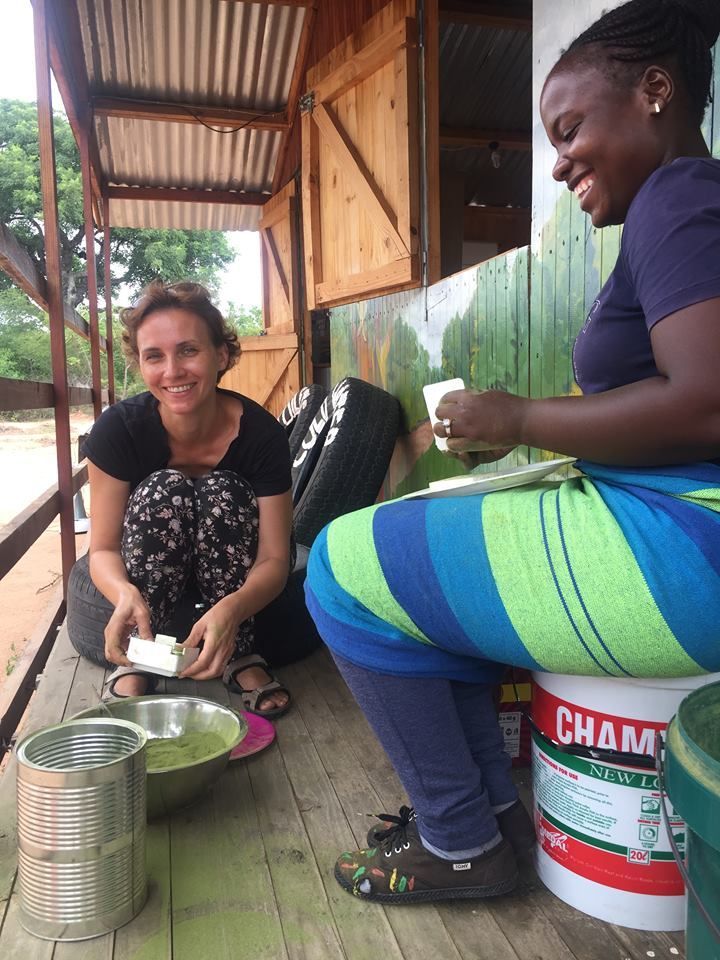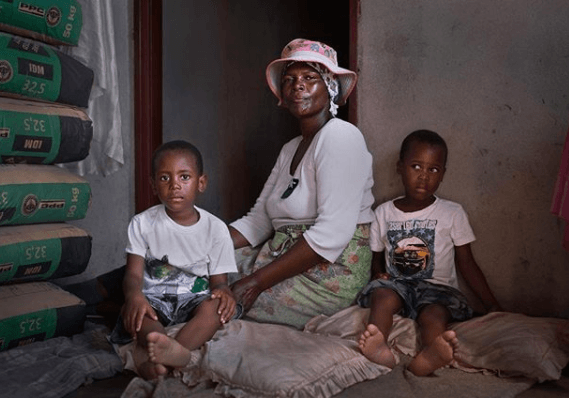Blog

It’s hard to imagine what must go through the mind of a poacher when we see the image of a defenceless Rhino with it’s horn savagely hacked off. When the chopper I was in flew over the rotting corpses of three innocent beasts within a few miles of each other, all killed within the previous three days, it’s hard for even the most empathic of people to feel sorry for those behind this slaughter. However the grimness of these horrific crimes stretches much further than the seemingly senseless murder of these animals in National Parks and private reserves all across Africa.

My name is Jadwinia, I am a CSR manager in the international media company Dentsu Aegis Network. In 2016, I received the "Employee of the Year" award. This award is financially and any award-winning employee can decide how to spend it in accordance with its development or current role in the company. I decided to spend this money on volunteering in Africa. My dream was to look at how the NGOs in the world work, what volunteers fight on the spot and I wanted help in the field, and not from behind the desk in an elegant office building in Warsaw.

Grace works at Nourish ( www.nourishecovillage.com ), an NGO that addresses the problem of poaching by addressing poverty. Every day Grace, along with two other grannies, provides nutritious meals to many children who would otherwise go hungry...because nobody can learn and develop into a healthy, strong individual on an empty stomach. After work Grace goes home to help her daughter with house work and takes care of her beautiful grandchildren, both of whom are also supported by Nourish’s literacy, education and nourishment programs. There’s an evolutionary theory called the “grandmother hypothesis” that posits menopause is an adaptation signalling women to stop reproducing in old age and to expend energy instead on taking care of others. It is argued that by providing sustenance and support to their kin and communities, grandmothers enhanced their social networks, advancing genetic interests and kinships, all of which resulted in better resource acquisition and also more intelligent and developed grandchildren. Traditionally, science and evolutionary theories have excluded women and their role in advancing human development. There is much more to the grandmother hypothesis and it is one theory of many; regardless how one feels about it one thing is for sure: there is something very special about grandmothers and the women who raise us. Happy Mother’s day to all the special women out there! Credit to Danielle Khan Da Silva for article and photography





